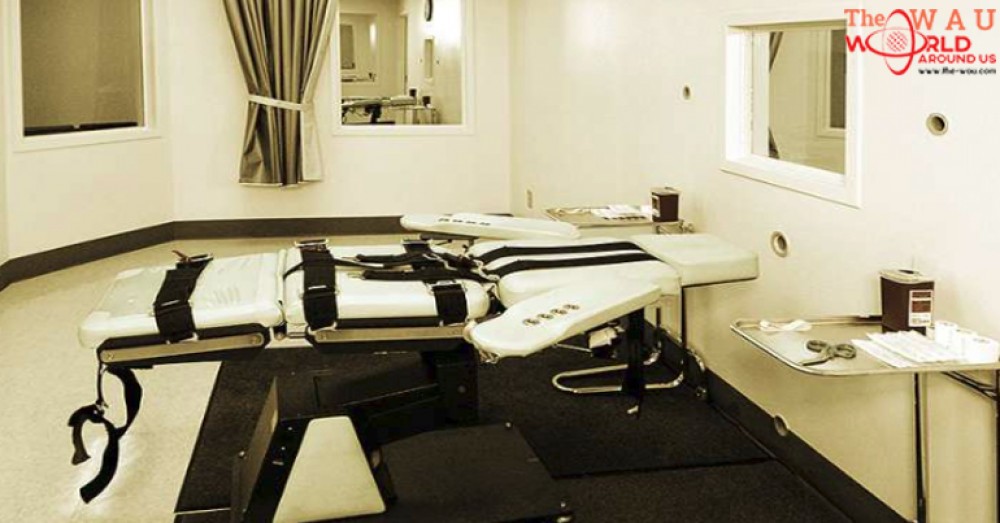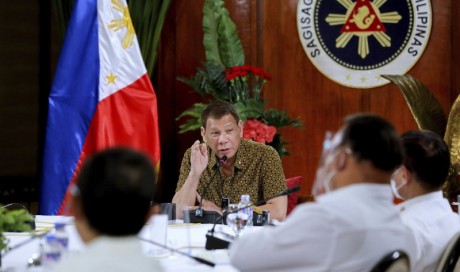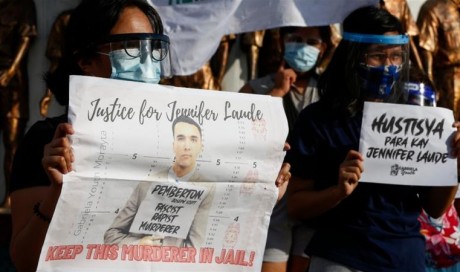The Philippine government will continue with its plan to make the death penalty part of its punitive recourse, despite Pope Francis’ declaration that capital punishment is “unacceptable” in all cases, Presidential Spokesperson Harry Roque said.
“It is still the priority of the administration to re-impose the death penalty for serious drug-related offences,” Roque said in a press briefing in Malaybalay, Bukidnon on Friday.
However, Roque added, the decision on re-imposing the capital punishment remains with the Senate and House on whether it will recall a 1993 law that provides for such penal option.
The Philippines has had an on and off penchant with the death penalty.
The country carried out judicial executions during the 1970s when the entire archipelago was under martial law and crime was a serious concern.
The 1987 Constitution abolished the death penalty but it was reintroduced in 1993 and the first person to be meted the punishment in 1998 was Leo Echegaray who was found guilty of raping his 10-year-old step daughter.
In 2006, then President Gloria Macapagal-Arroyo enacted a law: Republic Act Number 9346 that abolished the death penalty.
Arroyo at that time was concerned that having the death penalty as part of the country’s judicial recourse would weaken the country’s position in asking for clemency for overseas Filipino workers who are on death row abroad.
State vs Church
President Rodrigo Duterte said he wants the death penalty reimposed to serve as a deterrent against drug crimes.
In March 2017, the Lower Chamber passed House Bill 4727 which seeks to reimpose death penalty. The fate of a similar measure in Senate is unknown.
Last Thursday, Pope Francis declared death penalty “inadmissible” under all circumstances. The Church approved the revision opposing capital punishment as it attacks the dignity of human beings and the sanctity of human life.
Among the reasons for changing the teaching include: the increasing effectiveness of detention systems, growing understanding of the unchanging dignity of the person, and leaving open the possibility of conversion to the individual.
“Today, there is an increasing awareness that the dignity of the person is not lost even after the commission of very serious crimes. In addition, a new understanding has emerged of the significance of penal sanctions imposed by the state.
Lastly, more effective systems of detention have been developed, which ensure the due protection of citizens but, at the same time, do not definitively deprive the guilty of the possibility of redemption,” the new Catechism says.
Jacqueline De Guia, spokesperson of Philippines’ independent Commission on Human Rights, hopes the Senate will heed Pope Francis’ declaration on the death penalty.
Share This Post















